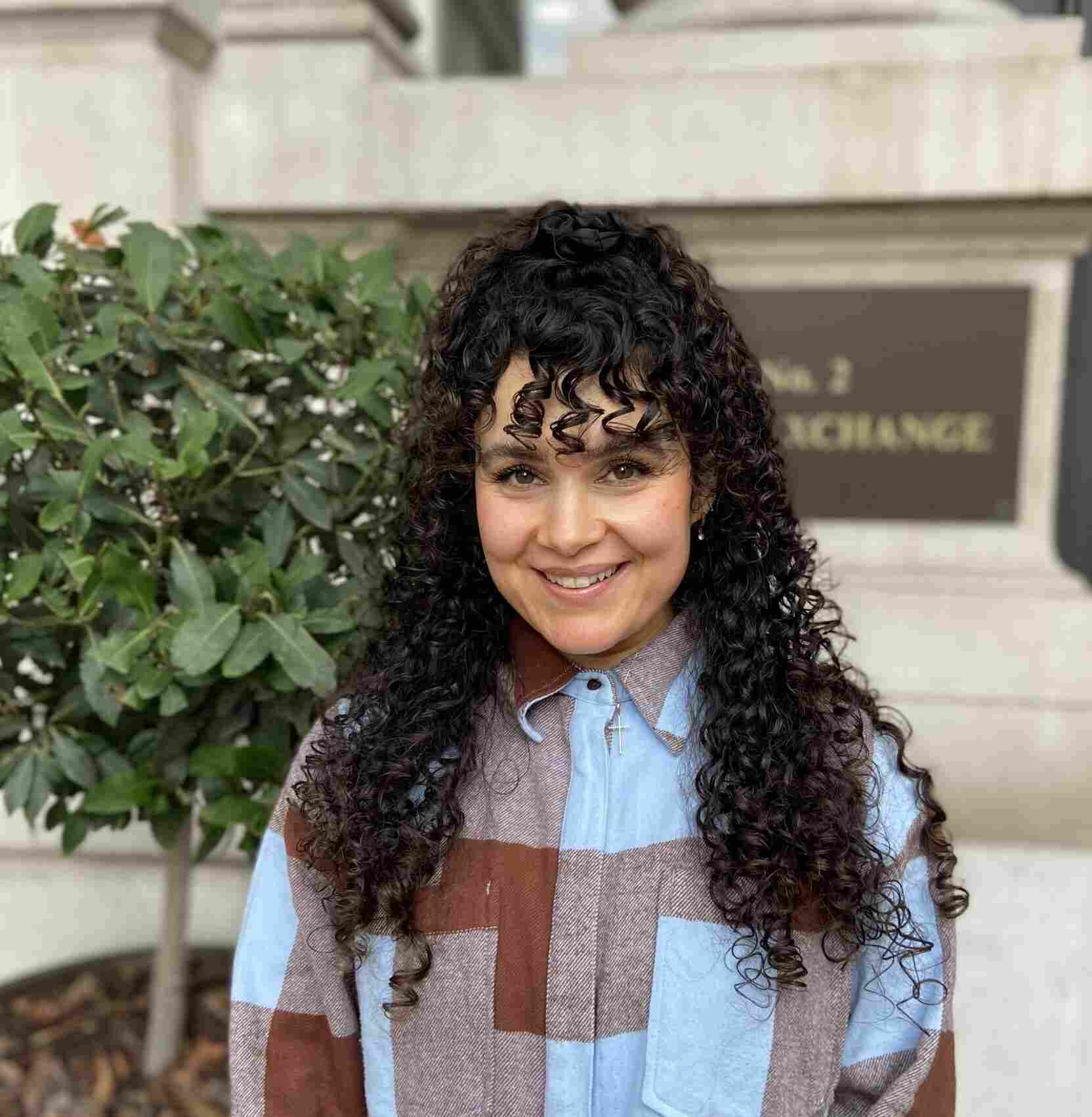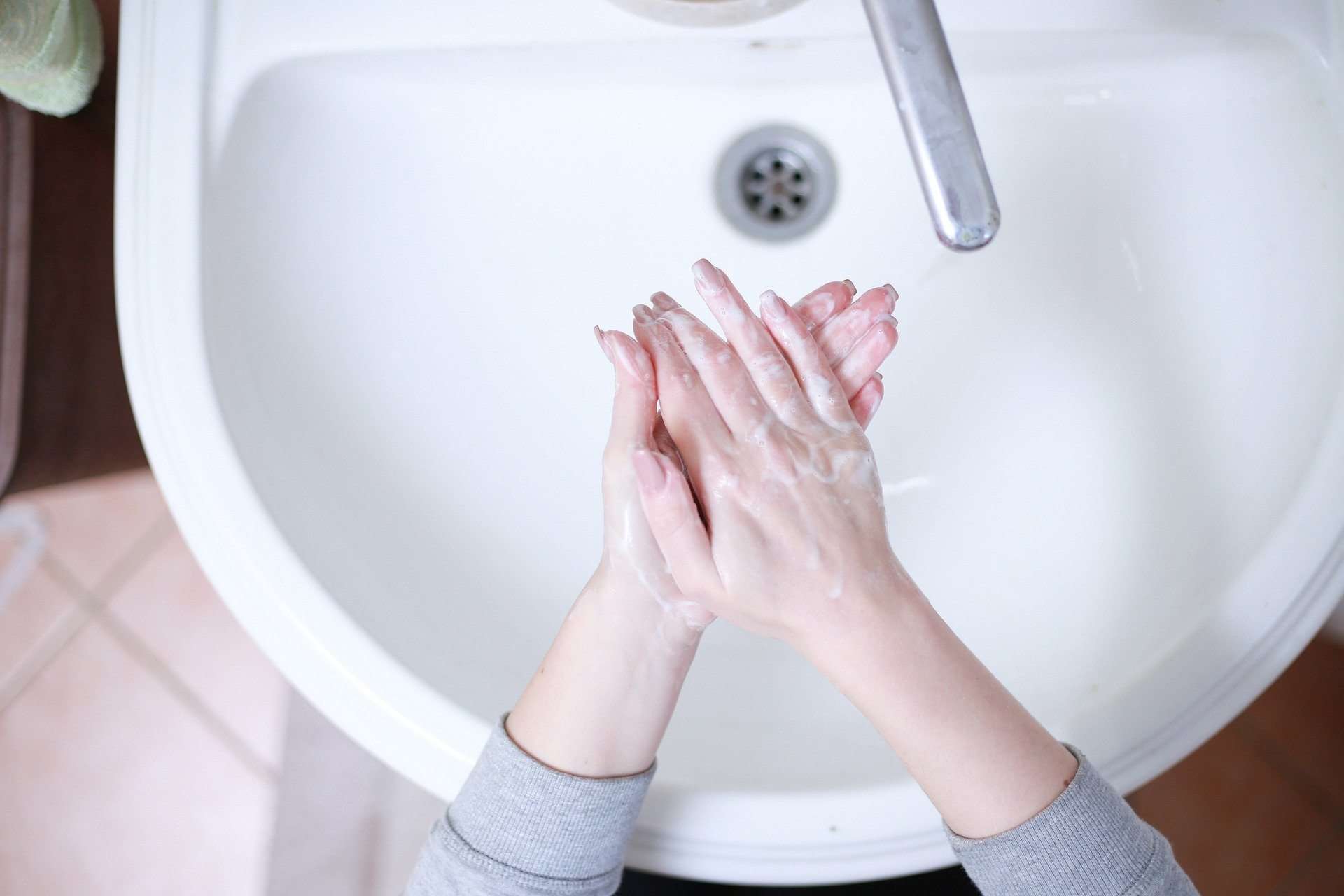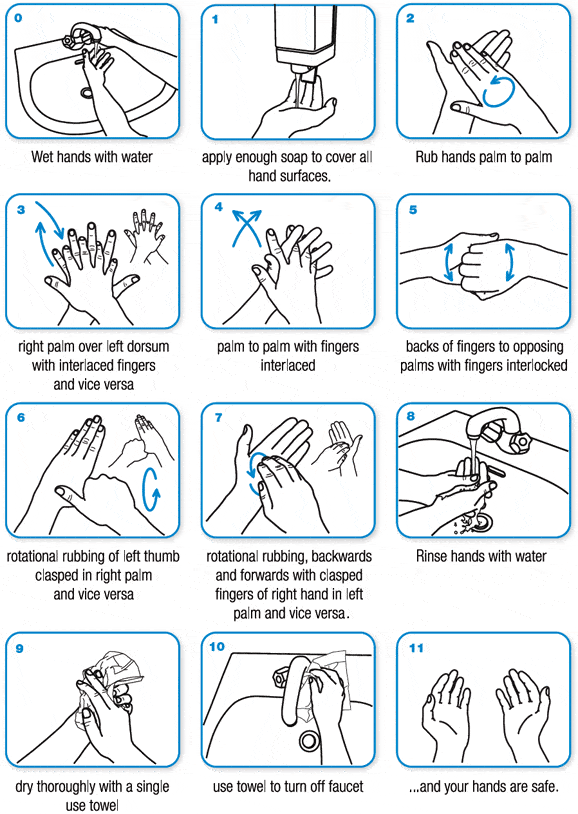“You can say to people: ‘Here’s one thing you can do to lower your risk.’ It’s simple. It’s right there and doesn’t cost anything. Wash your hands with soap before you touch your mouth, your nose or your eyes. It’s empowering because it does make a difference.”
Washing your hands is one of the simplest ways to protect yourself and others from illnesses such as food poisoning and viruses.
Washing our hands removes germs and bacteria from our hands after certain activities which can increase our contact and make us sick. By washing our hands we also reduce the risk of spreading these germs to others. But, have we always washed our hands?
The history of hand washing
Hand washing rituals have always been part of religions such as Islam and Jewish. However, the first recorded hand wash for life-saving was recorded in 1848. A Hungarian doctor who was working on a busy maternity ward was faced with a high number of maternal deaths from childbed fever. Working out how to reduce the number of deaths was very difficult. Germs were not yet discovered and many people believed that they were spread by bad smells in the air.
Many of the doctor’s days would be filled with directing bodies in the morgue and then onto delivering babies in the afternoon. With no stop in-between to wash their hands. After an accident in a morgue led a doctor to die of the same disease detected in the wards the doctor came up with a hypothesis. He tested this by asking all doctors to wash their hands and equipment with a chlorine solution. This small change brought death rates from 18% to 1%. Fast forward to now doctors and nurses follow stringent procedures to ensure they do not pass any germs or bacteria to patients.
This hypothesis was met with much resistance over the years. At first, many doctors were offended. Many of the upper class, how could they be dirty and pass on germs to patients? As researchers and biologists’ understanding of germs developed over the next years many health campaigns were introduced to encourage this throughout the nation.
How to wash your hands
WHO states that people should ‘wash their hands frequently with soap and water’ yet recent studies show at 30% of people do not wash their hands after using the toilet. Actual handwashing compliance was still worryingly low as seen above. Official advice is that a person should scrub their hands for at least 20 seconds with soap and water.
How can Cavendish Homecare help?
At Cavendish Homecare we are experts in providing private homecare for clients who want to remain in their own homes. When it comes to your health and well-being, choosing the right homecare package is of utmost importance and navigating this process can be overwhelming. With Cavendish Homecare by your side, you’ll have the support you need to remain safely at home while enjoying elevated health and wellbeing.
If you would like to enquire about our homecare services, contact us on, 02030085210 or email us at info@cavendishhomecare.com.

About the Author…
Misha Zemkova
Operations Coordinator
Misha plays a key role in ensuring the smooth and efficient running of day-to-day operations across the business. With a background in supported living and a degree in Health and Social Care, she brings both experience and empathy to her role.
 Back
Back
